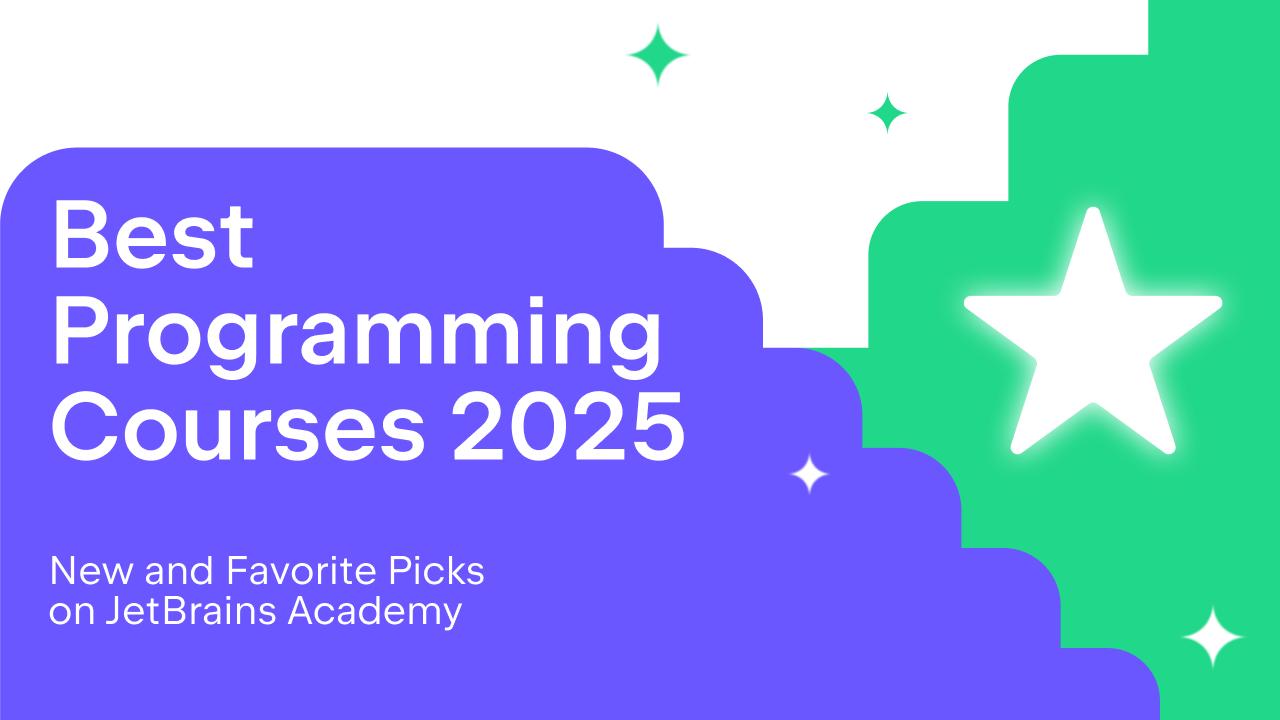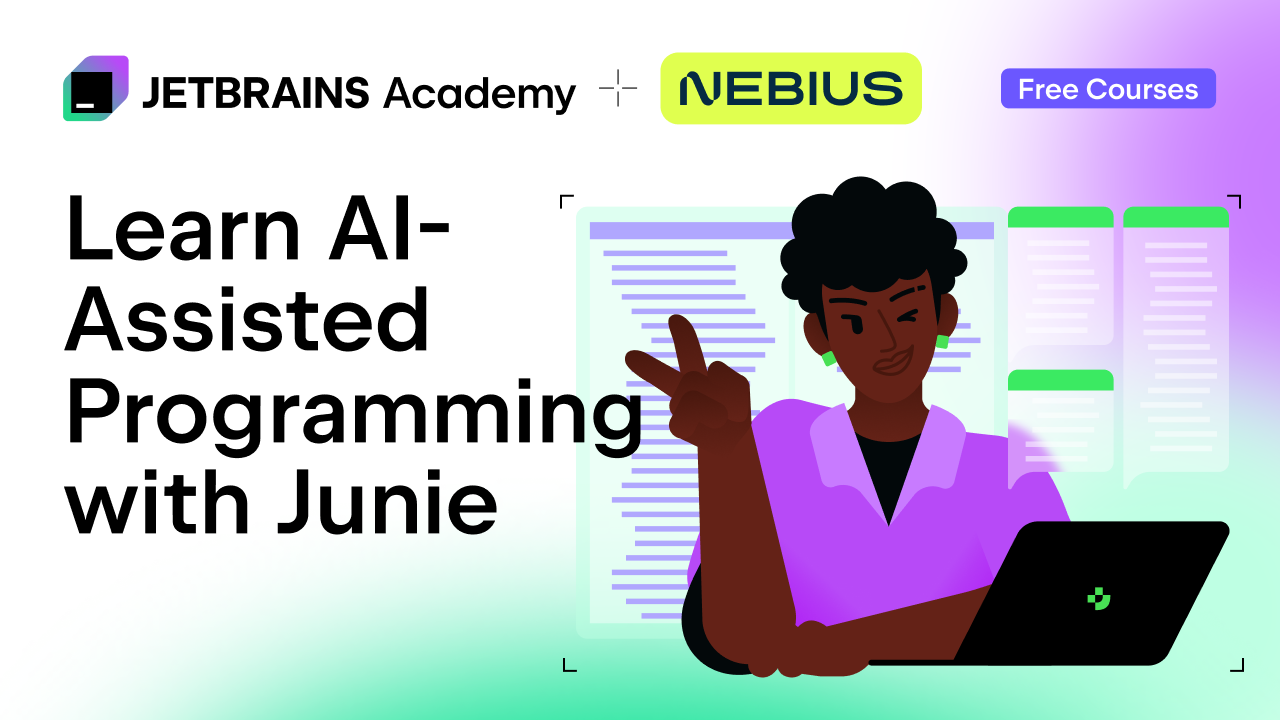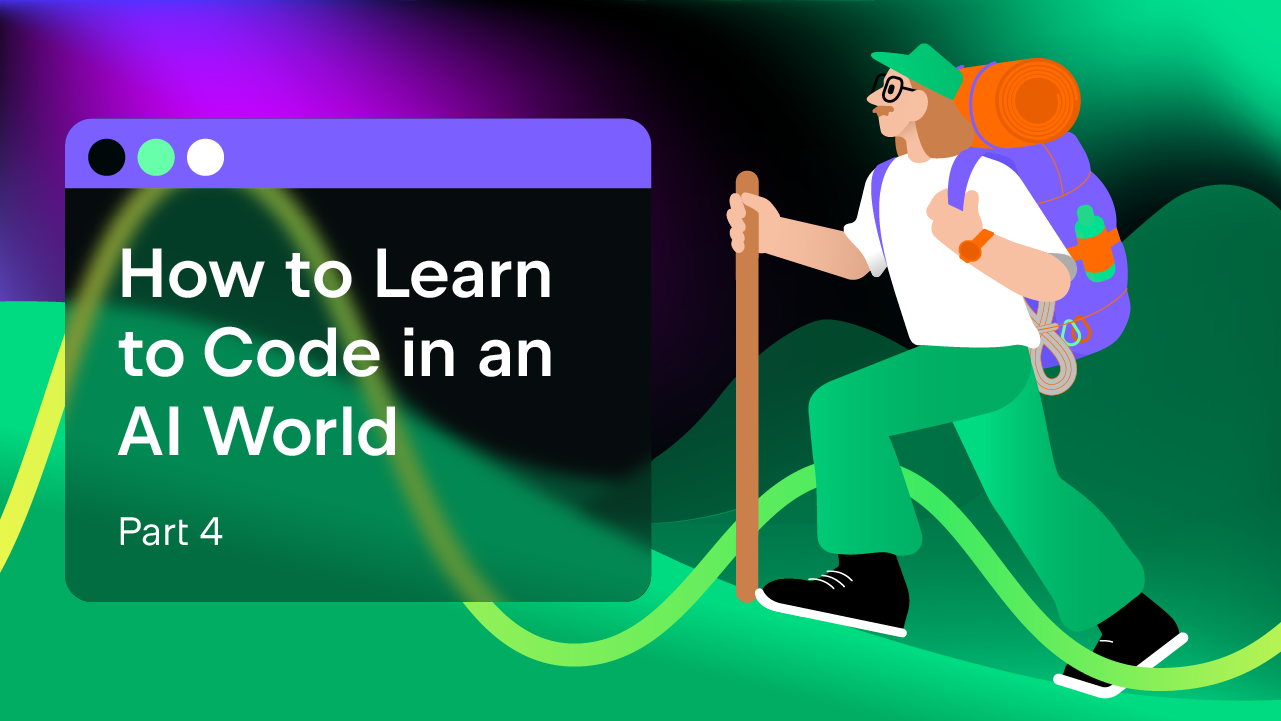JetBrains Academy
The place for learning and teaching computer science your way
5 Books Every Beginner Programmer Should Read
Starting to code can feel like a daunting task, but pairing courses with the right books can provide both hands-on skills and in-depth knowledge. To help you on this journey, we’ve curated a list of five must-read books that cover everything from clean code practices to mastering design patterns.
Let’s turn the page!
Code Complete: A Practical Handbook of Software Construction (Second Edition), Steve McConnell
Imagine having a seasoned software engineer by your side, guiding you through the challenges of writing exceptional code. That’s what Steve McConnell offers in Code Complete. This book is packed with best practices and proven techniques for producing high-quality software. Whether it’s about naming conventions, code organization, or debugging, McConnell covers it all with clarity and depth.
Why you’ll love it:
- Learn best practices for clean, efficient code.
- Discover detailed advice on software design and construction.
- Master techniques for effective debugging.
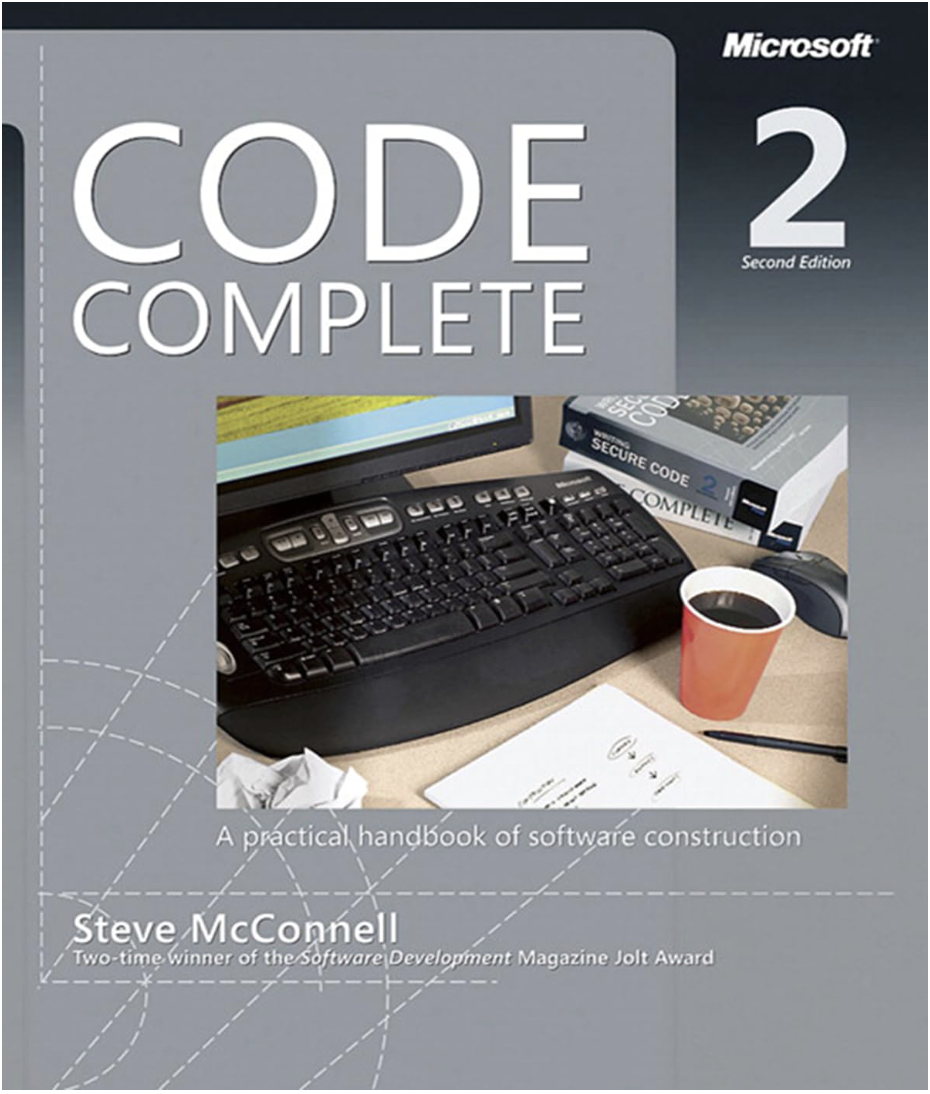
The Pragmatic Programmer (Twentieth Anniversary Edition), David Thomas and Andrew Hunt
The Pragmatic Programmer is one of those tech books you’ll read, re-read, and read again over the years. Packed with real-world advice and anecdotes, this book helps you approach software development pragmatically. It covers everything from debugging to version control.
Why you’ll love it:
- Gain practical techniques for software development.
- Receive actionable advice for boosting productivity.
- Develop a pragmatic mindset towards coding challenges.
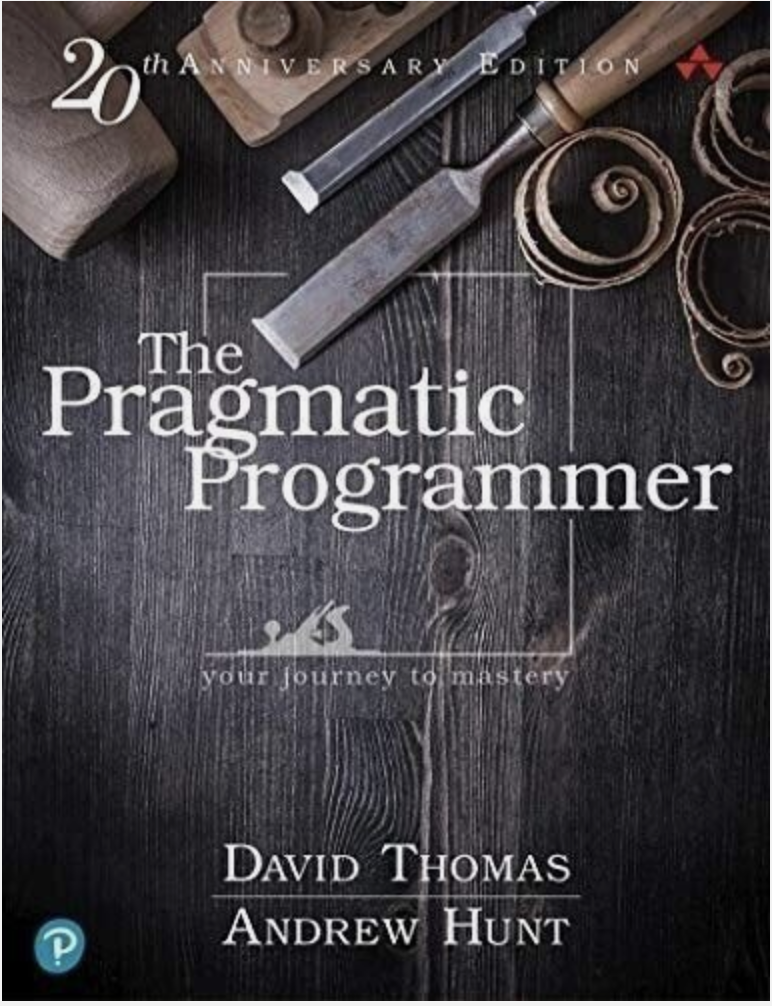
The Programmer’s Brain, Felienne Hermans
Did you know that understanding how your brain works can actually speed up your coding? In The Programmer’s Brain, you’ll find practical strategies grounded in cognitive science to enhance your memory, focus, and problem-solving skills. For instance, you’ll explore how the use of mnemonic devices can help you remember syntax and functions, and how cognitive load theory can guide you in structuring your code for better readability. These insights will not only make coding easier but also help you learn new technologies faster and more efficiently, giving you a competitive edge in your career.
Why you’ll love it:
- Explore cognitive techniques to enhance your programming skills.
- Learn strategies to speed up learning and debugging.
- Engage in practical exercises to boost coding efficiency.
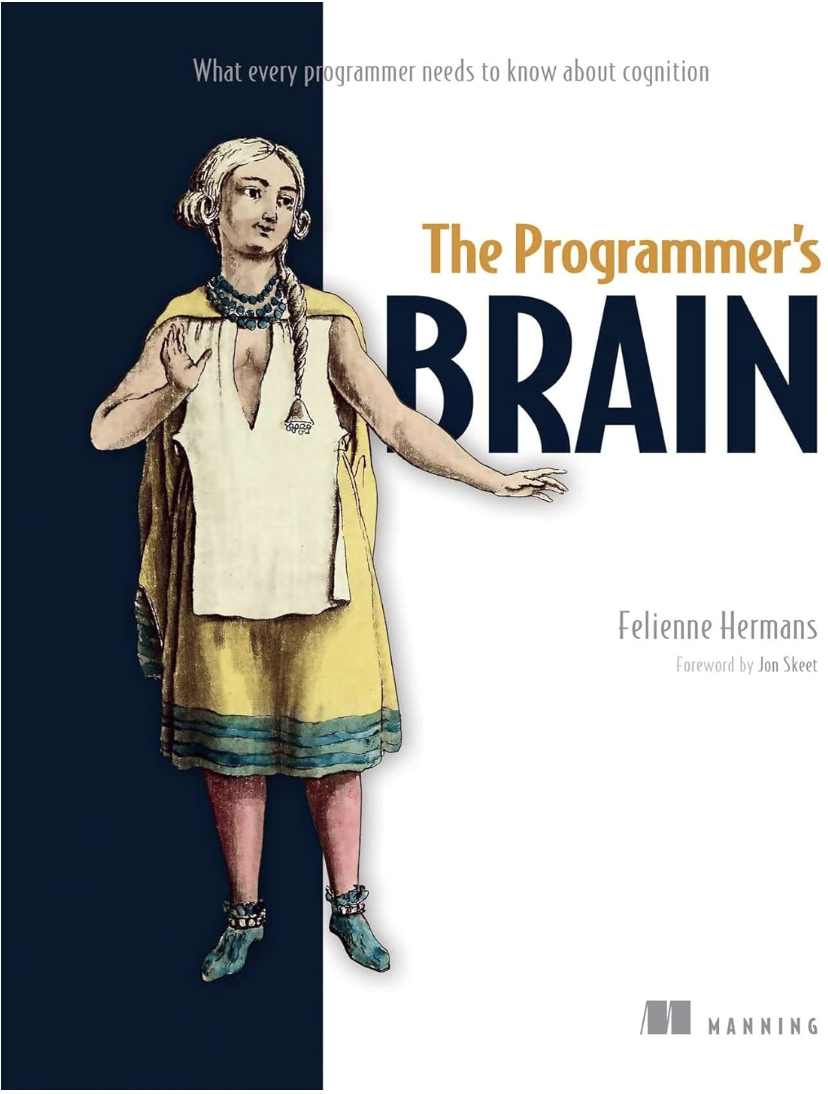
Design Patterns: Elements of Reusable Object-Oriented Software, Erich Gamma, Richard Helm, Ralph Johnson, and John Vlissides
If you want to stand out as a programmer, mastering design patterns is essential. Design Patterns provides solutions to common software design problems, making your code more efficient. By learning these patterns, you’ll be equipped to tackle complex design challenges with confidence.
Why you’ll love it:
- Gain solutions to common software design issues.
- Learn 23 essential design patterns for software development.
- Write cleaner, more efficient code that stands out.
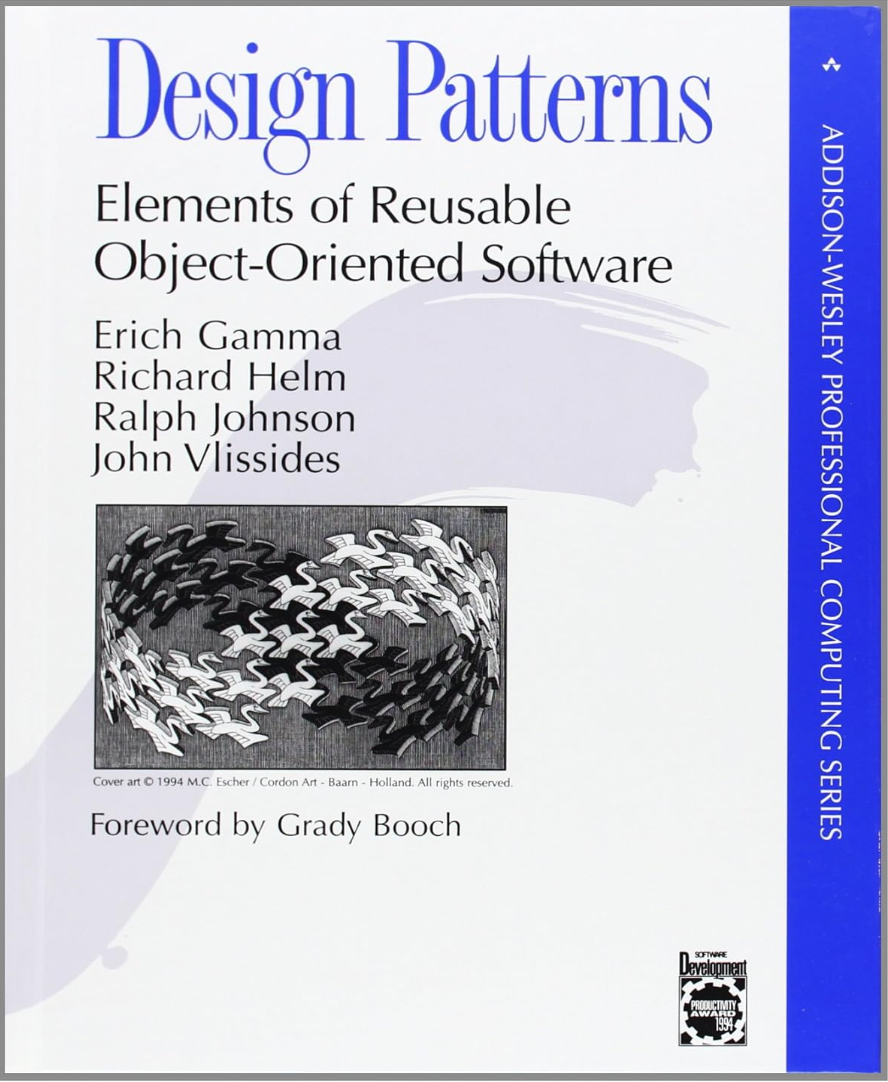
Code: The Hidden Language of Computer Hardware and Software (Second Edition), Charles Petzold
Curious about how computers work? Charles Petzold’s Code explains it all, starting with simple electrical circuits and building up to complex systems. This book brings the intricate world of computer hardware and software to life in an easy-to-understand way.
Why you’ll love it:
- Understand the fundamental concepts of hardware and software interaction.
- Learn how computers work from the ground up.
- Gain a deeper appreciation of the technology behind everyday devices.
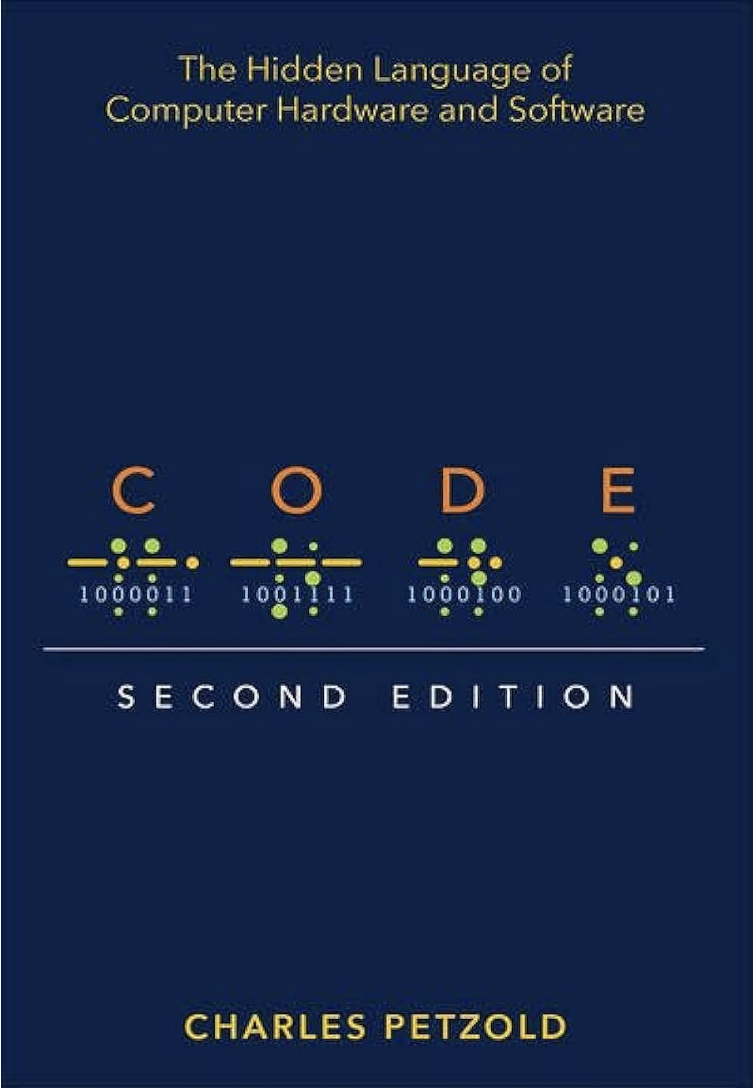
Reading these books shows that theory and practice go hand in hand when becoming a top-notch programmer. At JetBrains Academy, we blend solid theory with hands-on practice. Choose the best courses from our catalog to help you take what you’ve learned and apply it in the real world, opening up incredible career opportunities in IT.
Happy learning!
Your JetBrains Academy team
Subscribe to JetBrains Academy updates




